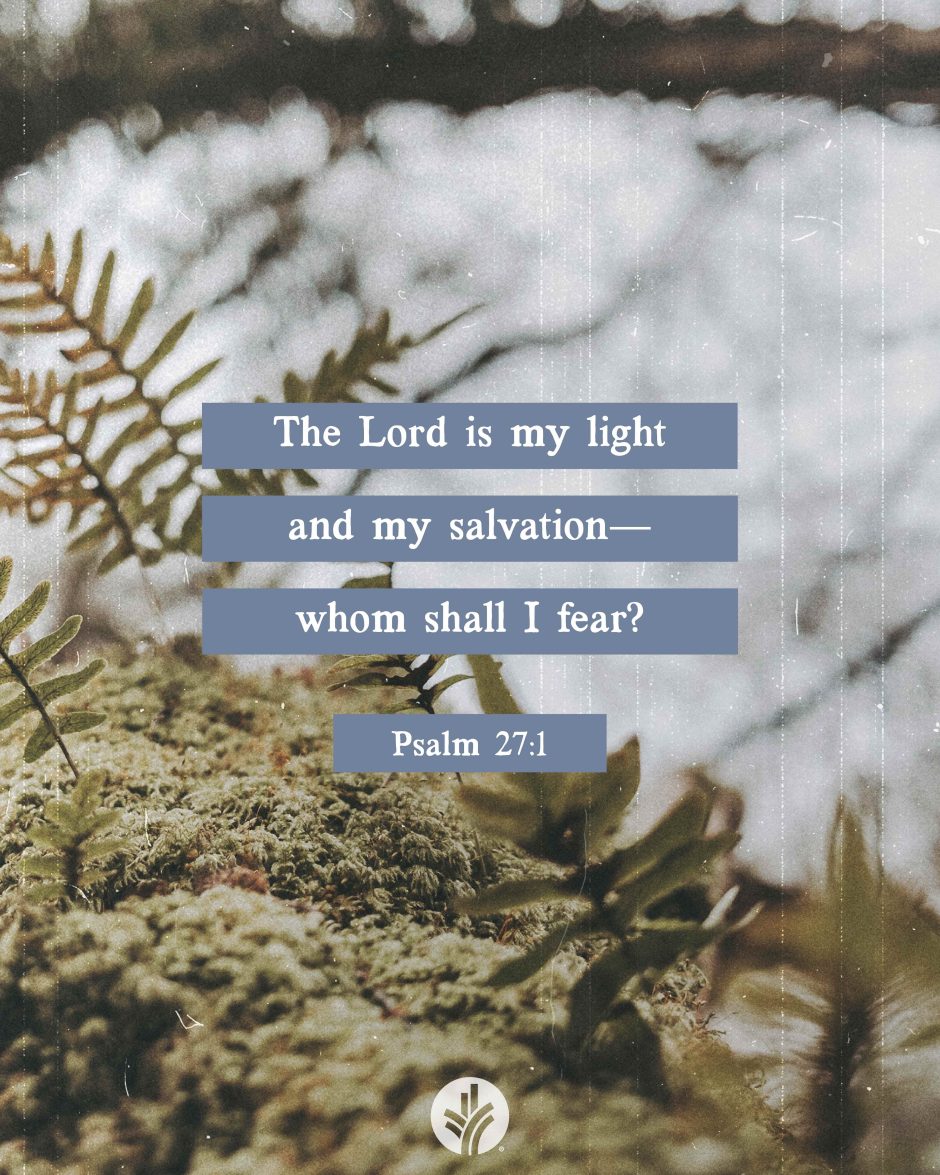
Eyes to See
Joy was concerned for her relative Sandy who for years had struggled with alcoholism and mental-health issues. So Joy went to Sandy’s apartment, but with doors locked it appeared vacant. As she and others planned their search for Sandy, Joy offered up a simple prayer: “God, help me to see what I’m not seeing.” As they were leaving, Joy looked back at Sandy’s apartment and saw the tiniest movement of a curtain. In that moment, she knew that Sandy was alive. Although it took emergency assistance to reach Sandy, Joy rejoiced in this answered prayer.
The prophet Elisha knew the power of asking God to reveal to him His reality. When the Syrian army surrounded their city, Elisha’s servant shivered in fear. Not the man of God, however, for with God’s help he glimpsed the unseen. Elisha prayed that the servant too would see, and “the
God lifted the veil between the spiritual and physical worlds for Elisha and his servant. Joy believes God helped her see the tiny flicker of the curtain, giving her hope. We too can ask Him to open our eyes to His reality, that we’d be given the spiritual vision to understand what’s happening around us, whether with our loved ones or in our communities. And we too can be agents of His love, truth, and compassion.

God-Given Gifts
Decades ago, I went to a college retreat where everyone was talking about a personality test. “I’m an ISTJ!” one said. “I’m an ENFP,” another chirped. I was mystified. “I’m an ABCXYZ,” I joked.
Since then, I’ve learned a lot about that test (the Myers-Briggs) and others such as the DiSC. I find them fascinating, because they can help us understand ourselves and others in helpful, revealing ways—shedding light on our preferences, strengths, and weaknesses. Provided we don’t overuse them, they can be a useful tool God uses to help us grow.
Scripture doesn’t offer us personality tests. But it does affirm each person’s uniqueness in God’s eyes (see Psalm 139:14-16; Jeremiah 1:5), and it shows us how God equips all of us with a unique personality and unique gifts to serve others in His kingdom. In Romans 12:6, Paul unpacks this idea, writing, “We have different gifts, according to the grace given each of us.”
Those gifts, Paul explains, are not for us alone, but for the purpose of serving God’s people, Christ’s body (v. 5). They’re an expression of His grace and goodness, working in and through all of us. They invite each of us to be a unique vessel in God’s service.

Loving Obedience
During our wedding ceremony, our minister said to me, “Do you promise to love, honor, and obey your husband, until death do you part?” Glancing at my fiancé, I whispered, “Obey?” We’d built our relationship on love and respect—not blind obedience, as the vows seemed to suggest. My husband’s father captured on film the wide-eyed moment I processed the word obey and said, “I do.”
Over the years, God has shown me that my resistance to the word obey had nothing to do with the incredibly complex relationship between a husband and wife. I’d understood obey to mean “subjugated” or “forced submission,” which Scripture doesn’t support. Rather, the word obey in the Bible expresses the many ways we can love God. As my husband and I celebrate thirty years of marriage, through the power of the Holy Spirit we’re still learning to love Jesus and each other.
When Jesus said, “If you love me, obey my commandments” (John 14:15
Jesus’ love is selfless, unconditional, and never forceful or abusive. As we follow and honor Him in all our relationships, the Holy Spirit can help us see obedience to His Word as a wise and loving act of trust and worship.

Tears of Joy
Leaving home one morning, Dean found some friends waiting with balloons. His friend Josh stepped forward. “We entered your poems in a competition,” he said, before handing Dean an envelope. Inside was a card that read ‘First Prize,’ and soon everyone was crying tears of joy. Dean’s friends had done a beautiful thing, confirming his writing talent.
Weeping for joy is a paradoxical experience. Tears are normally a response to pain, not joy; and joy is normally expressed with laughter, not tears. Italian psychologists have noted that tears of joy come at times of deep personal meaning—like when we feel deeply loved or achieve a major goal. This led them to conclude that tears of joy are pointers to the meaning of our lives.
I imagine tears of joy erupting everywhere Jesus went. How could the parents of the man born blind not weep for joy when Jesus healed him (John 9:1-9), or Mary and Martha after He raised their brother from death (11:38-43)? When God’s people are brought into a restored world, “Tears of joy will stream down their faces,” God says, “and I will lead them home with great care” (Jeremiah 31:9
If tears of joy show us the meaning of our lives, imagine that great day to come. As tears stream down our faces, we’ll know without doubt that the meaning of life has always been to live intimately with Him.

